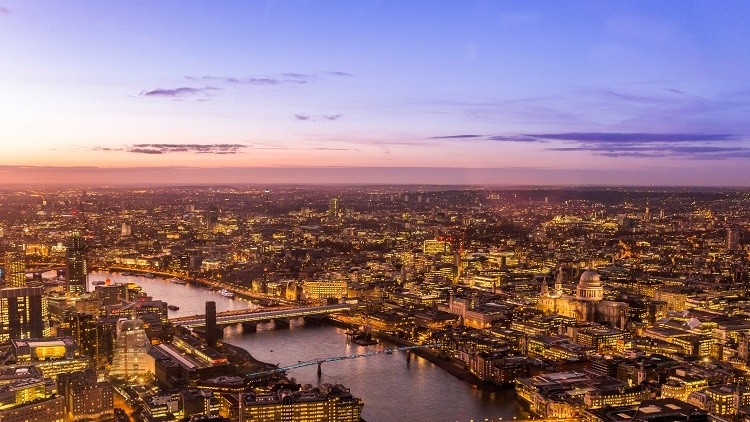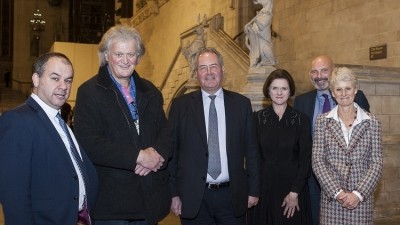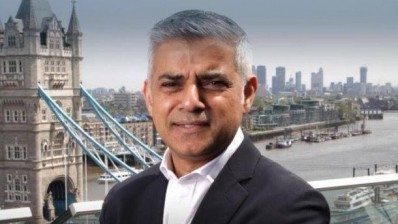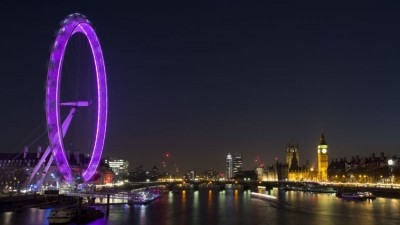GLA report flags hospitality as an area of labour shortage concern

The report, commissioned by Mayor of London Sadiq Khan, revealed that the worst case scenario following a ‘no-deal’ hard Brexit could lead to a decade of significantly lower growth, with the worst case scenario potentially resulting in half a million fewer jobs – 87,000 fewer jobs in London alone by 2030 – and almost £50bn UK-wide investment lost by 2030.
Khan said: “I’ve released these impact assessments because the British people and our businesses have a right to know the likely impact on their lives and personal finances.
"This new analysis shows why the Government should now change its approach and negotiate a deal that enables us to remain in both the EU Single Market and the EU Customs Union.”
The hospitality sector was highlighted in the report as being “heavily reliant” on foreign workers, with almost a quarter of all UK jobs in the sector carried out by people from the wider European Union, rising to 32% – 79,000 jobs – in London.
Figures from audit, tax and advisory service provider KPMG included in the report flagged that 75% of waiting staff and 25% of all chefs are from the EU, highlighting that the sector could be placed under strain if immigration from the EU is controlled too tightly following Brexit.
Association of Licensed Multiple Retailers chief executive Kate Nicholls said: “The report highlights the important contribution being made by EU nationals to the capital's hospitality sector and the difficulties businesses would face should they be unable to access labour from the EU.
“The Government has already made a commitment to EU nationals living in the UK, but it is crucial that any future immigration policy reflects the need for hospitality businesses to employ non-UK workers.”
Cambridge Econometrics’ Brexit scenarios
The Preparing for Brexit report included five modelled scenarios to illustrate a range of possible outcomes for the UK’s future relationship with the EU. These were:
Scenario 1 – A ‘close to status quo’ scenario where the UK remains part of both of the EU Single Market and EU Customs Union
Scenario 2 – Where the UK remains part of the EU Single Market, but not the EU Customs Union
Scenario 3 – Where the UK remains part of the EU Customs Union, but not the EU Single Market
Scenario 4 – A hard Brexit in which trade between the UK and the EU falls under World Trade Organisation (WTO) rules with a two-year transition period from March 2019
Scenario 5 – The same hard Brexit but without a two-year transition period
The report does highlight that one benefit the sector has seen since the referendum to leave the EU is the impact of the depreciation of sterling against most currencies – demand from tourists for accommodation, food and drink continues to be strong as international visitors face reduced travelling costs, and British visitors replace more costly foreign trips with staycations.
The report highlights that financial and professional services could be the hardest hit alongside the hospitality sector.
For more information, see the full report here.







